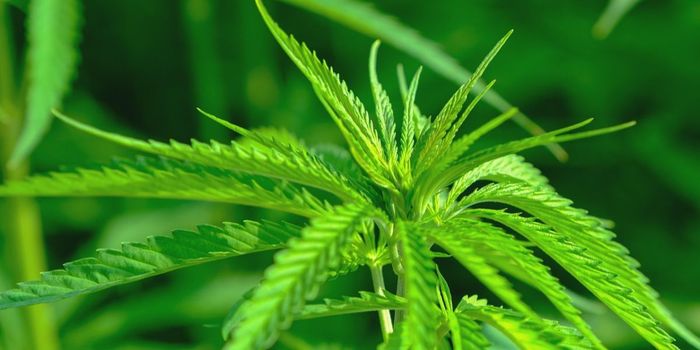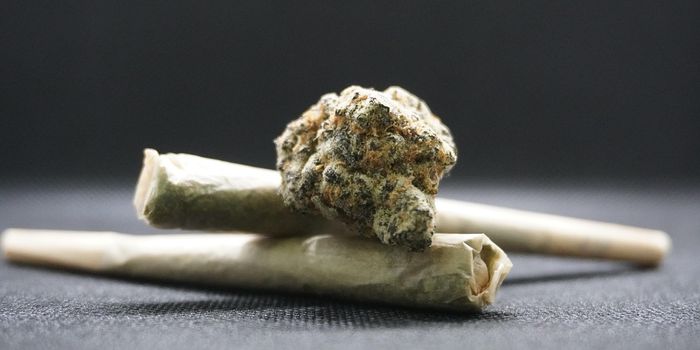Congress Protects Medical Marijuana in Spending Bill
In late March 2018, Congress included a policy protecting state medical marijuana programs in a plan for federal government funding through the close of Fiscal Year 2018. This move by lawmakers is in direct opposition to the desires and actions of Attorney General Jeff Sessions, who favors banning all marijuana. Also, President Trump recently floated the idea of a death penalty for drug dealers.
“We are concerned about the Department of Justice enforcing federal marijuana law in a way that blocks implementation of marijuana reform laws in those states that have passed such reforms,” 59 House Republicans and Democrats stated in a letter to leaders of the House Appropriations Committee days before the vote.
“[W]e believe that states ought to retain jurisdiction over most criminal justice matters within their borders,” the lawmakers also expressed.
Early on Friday, March 23, the Senate voted to avoid a government shutdown with the approval of this $1.3 trillion spending bill. If Trump signs the bill, the government will have funding through September 30, but he threatened a veto.
In January, head of the Department of Justice Jeff Sessions rescinded an established DOJ memo that largely empowered states to create and control cannabis laws independent of the federal government. In response to Sessions’ strategy, some lawmakers are already seeking to include these medical marijuana protections in the Fiscal Year 2019 financial legislation. Because these topics involve DOJ spending legislation for specific years, they must be approved annually.
The current provision also upholds protections for industrial hemp research at the state level. 
A total of 29 U.S. states and D.C. have laws that legalize medical cannabis in some form, and it is allowed recreationally for those aged 21 in nine states and D.C. In January, Vermont was the first state to legalize marijuana through its legislature rather than with a ballot initiative.
A 2012 Gallup poll found 64 percent of Americans support the legalization of marijuana. In late 2017, industry analysts predicted that the legal marijuana market will reach $24.5 billion in sales by 2021.
Canada plans to legalize marijuana by the summer of 2018 -- a move that has the support of Prime Minister Justin Trudeau. In March, it voted to move a related bill forward into its Senate committee phase, with a final vote likely in June.
Trump was expected to sign the current funding legislation, and he must do so by midnight on Friday, March 23 to prevent another governemnt shutdown. He threatened a veto Friday morning on Twitter. He cited the absence of funding for the southern border wall and the lack of a bipartisan resolution for DACA recipients as a few of his reasons.









